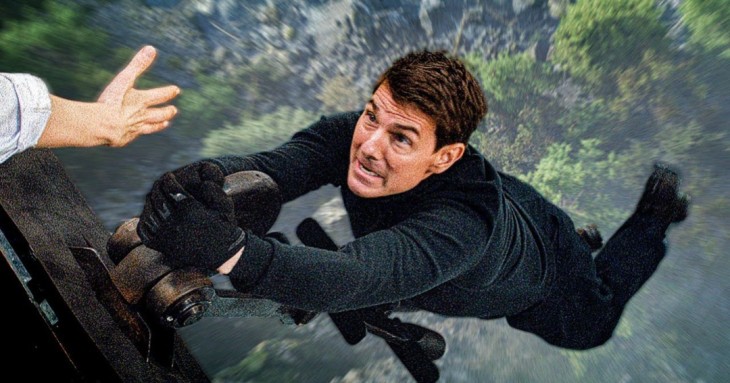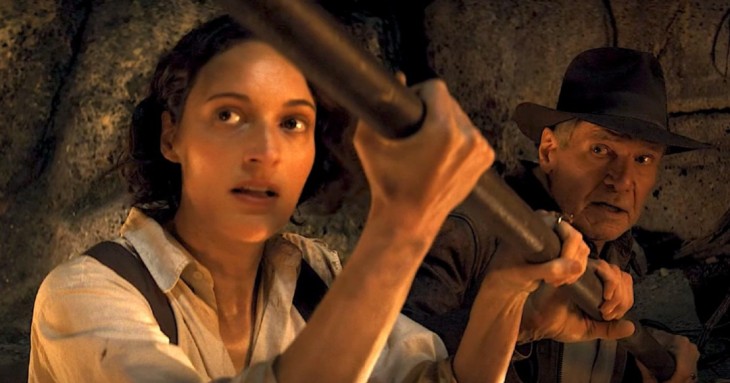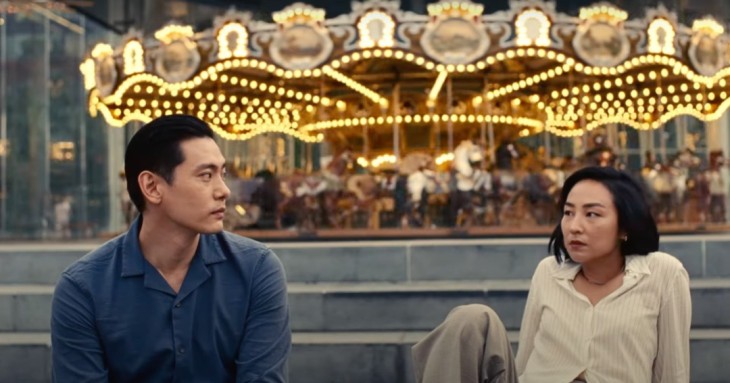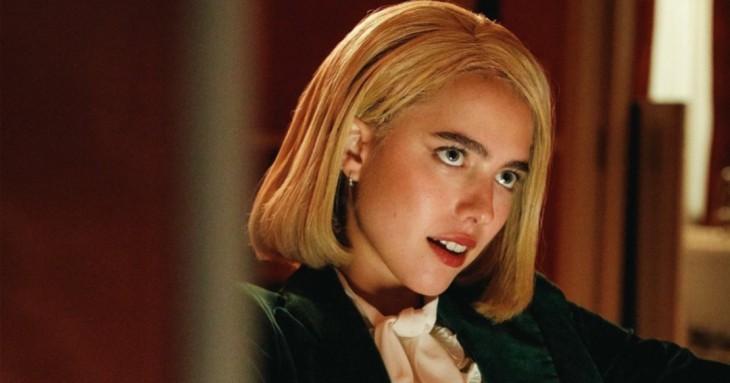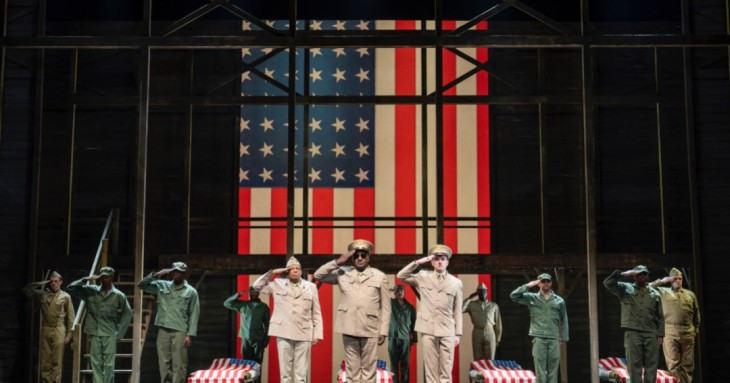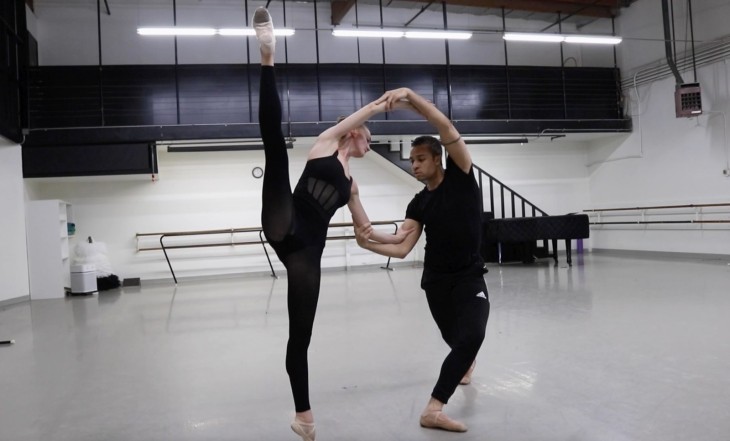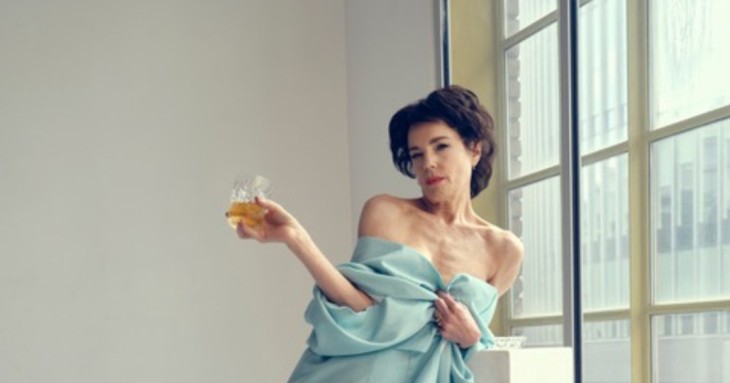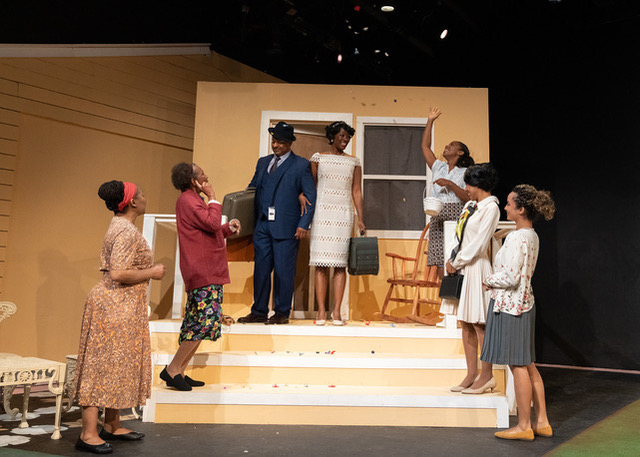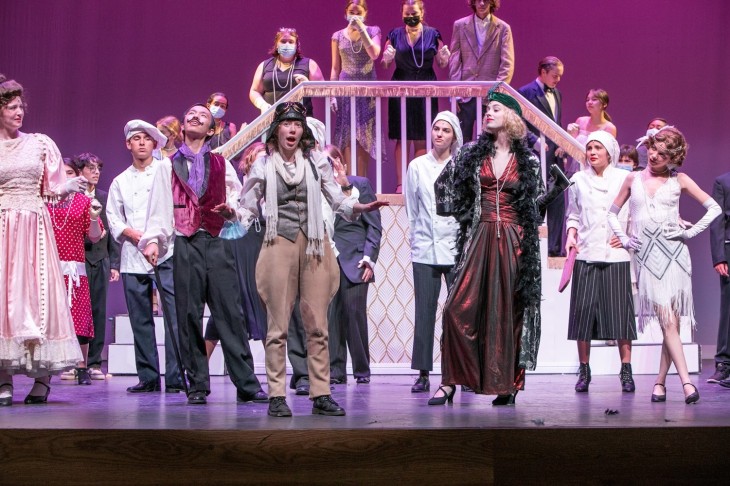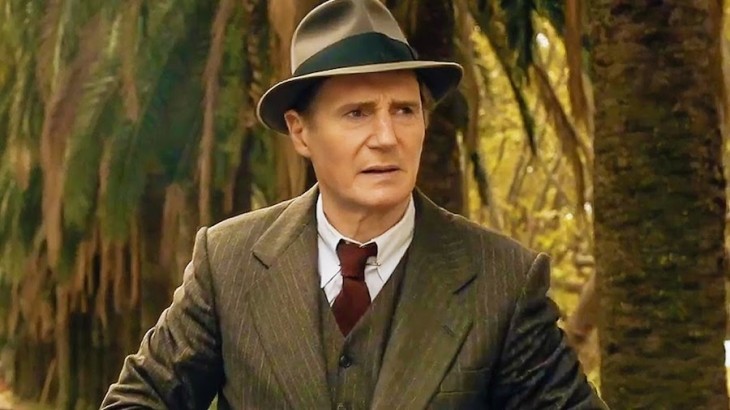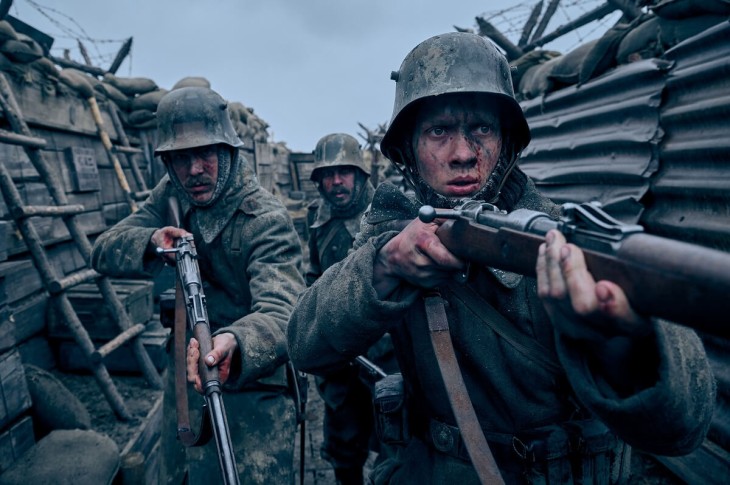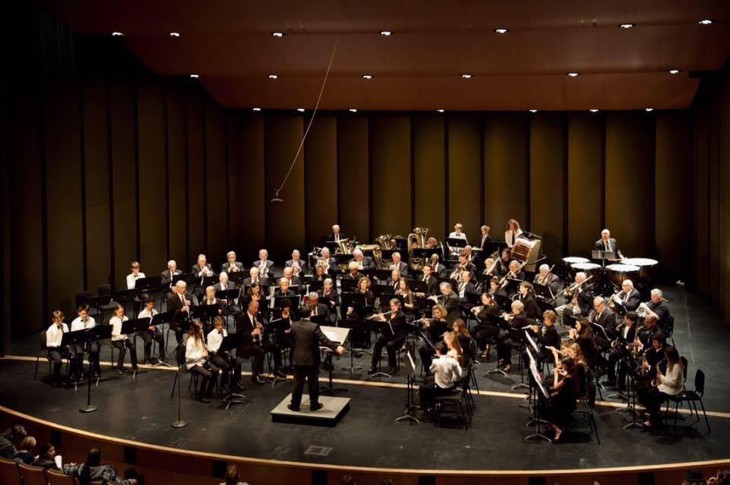Editor-at-Large
The stage set for the L.A. Theatre Ensemble’s production of Franz Wedekind’s Spring Awakening represents a wooded area, a disturbing place of dark drapes and tangled branches. It’s an apt metaphor for the troubled psyches of the teenaged characters in this controversial classic, written in 1891 and seldom performed prior to the 1960s because of its explicit treatment of teen sexuality.
Many of this play’s scenes do take place in the woods near the small German town where Melchior, Moritz, and Wendla live and attend school. The kids retreat to the woods to confide in each other, to bury secret objects, to experiment with their bodies, and, in one terrible case, to commit suicide. The recurring message is that sex and, for that matter, the whole business of maturing, is something that must happen in the dark. Melchior and Moritz discuss sex and try to find out what it’s all about. Melchior is a bright boy, a bit of a philosopher, who has denounced religion and seeks truth and comfort in “nature.” He tries to enlighten Moritz, a shy overachiever who is bullied by the other boys and fears that not keeping his grades as high as possible will cause him untold humiliation.
At the same time, 14-year old Wendla asks her mother about how babies are born. Her mother stalls, stammers excuses, and finally tells the girl that babies are the result of two people being married and loving each other very much. That’s what her mother told her! Wendla suspects that there is more to it than that, and in the woods, when she encounters Melchior, the two youngsters find out for themselves, with disastrous consequences.
Evan Drane, who directed this production of Spring Awakening, translating and adapting it from the original German, says that although he kept the story’s late 19th century setting, the play carries “significance in a modern context.” In today’s world, kids on TV shows regularly have sex, and all products aimed at the young are sold with sex, yet in many parts of the U.S., teens are told to “abstain” until marriage and refused access to birth control, STD protection, and any information about sexuality. The same tragedies that happen in this play can still happen, wherever knowledge is suppressed.
Wedekind’s dramatic style relies largely on monologues, in which the characters express their doubts and fears in poetic language. One drawback in this production is that sometimes the characters speak too quickly so that important bits of their speeches are swallowed. Drane also seems to be attempting a cinematic style of scene transition, where characters enter at the end of the previous scene and begin to deliver their lines, which are also sometimes obscured by the sound of trampling feet as actors dash off stage. This problem was less apparent, however, in the second act, and thankfully the dialogue was eminently audible in the crucial final scene.
The L.A. Theatre Ensemble’s youngish cast handle the roles with efficiency and, in several cases, very good performances. Eleanor van Hest is a moving Wendla. Luke Bailey captures Melchior’s mood swings and innate bursts of violence alternating with vulnerability. Best of all, however, is Nick McDow as Moritz. Evoking memories of Sal Mineo’s performance as a similar character in Rebel Without A Cause, McDow makes the nerdy Moritz so alive, and even endearing at times, that his fate seems like the most unfair thing that a playwright can do to a character. But then again, as Wedekind wanted us to realize, “it’s not easy being alive.”

